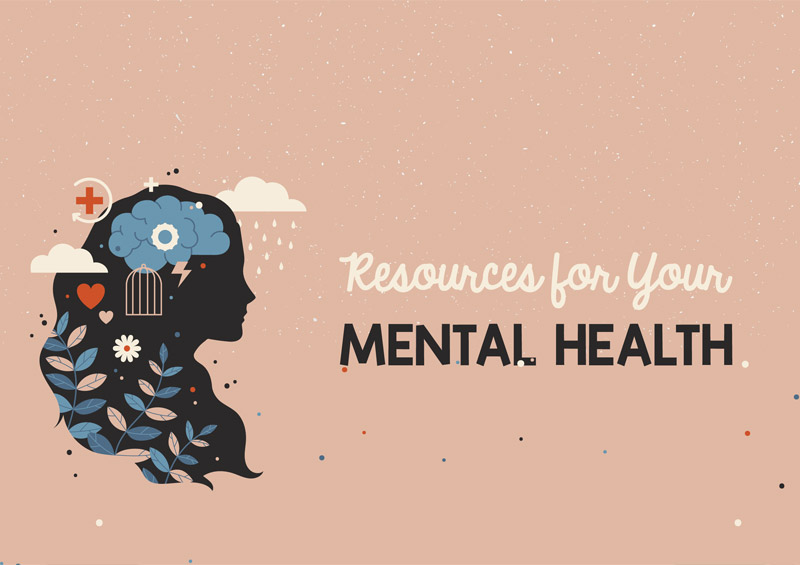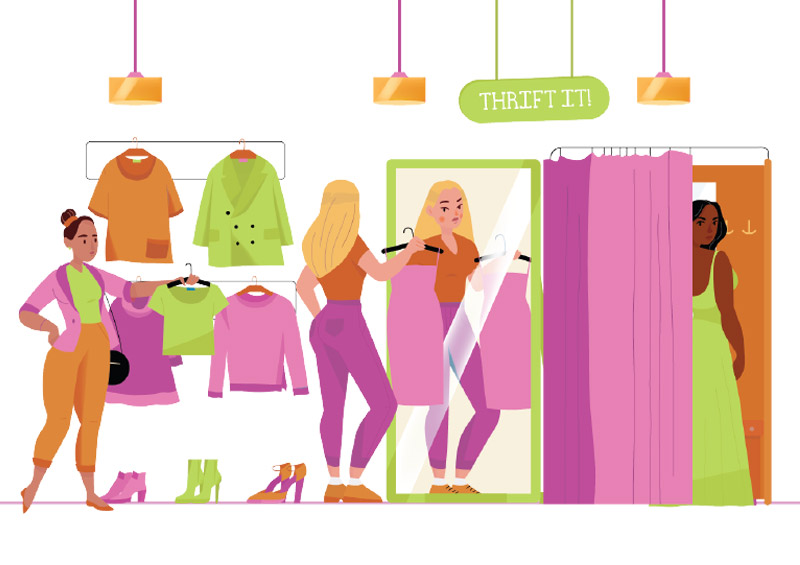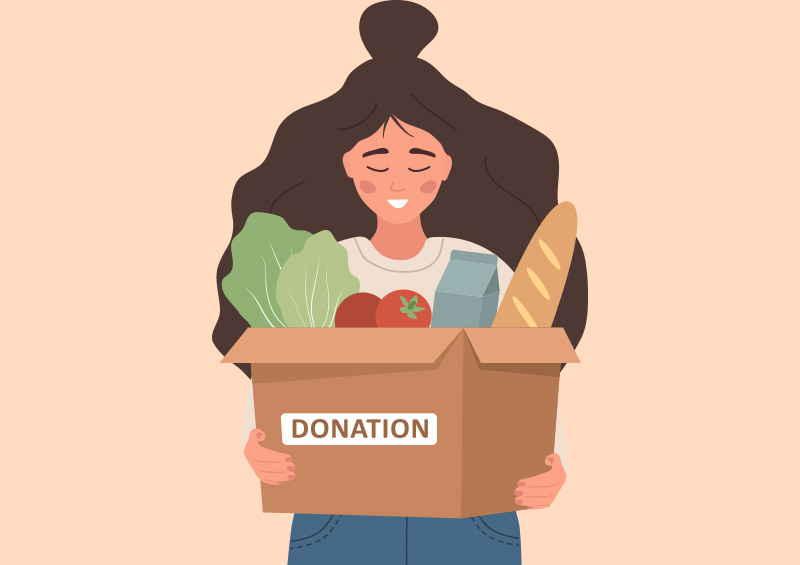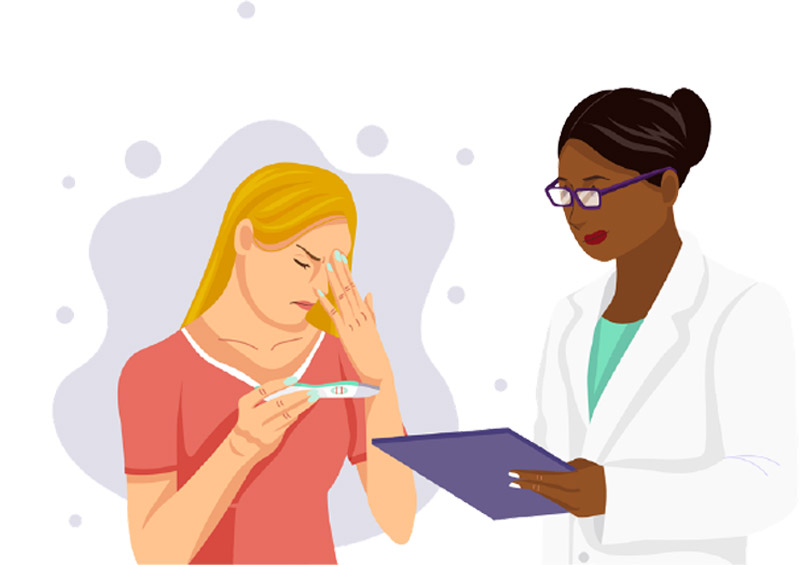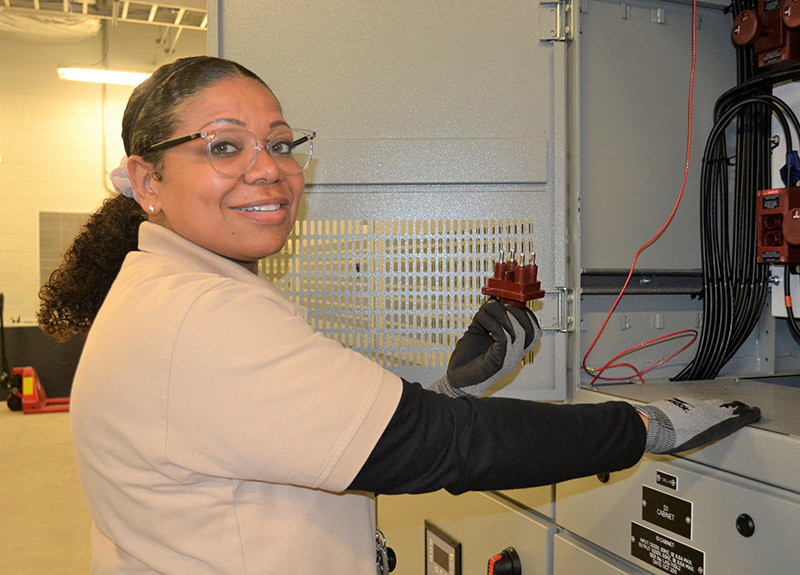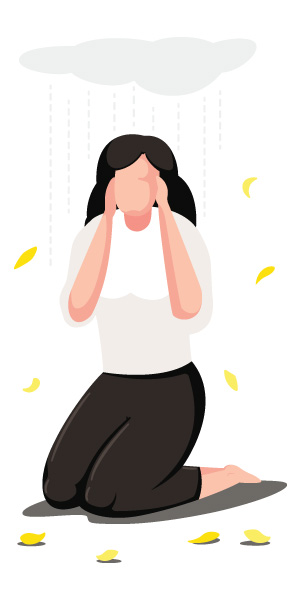As an outsider, how can I best be a support system?
No one is an outsider. We are all responsible for taking care of and checking in with one another. We must be willing to ask our friends and family if they are okay and be ready in case the answer is no. There are help lines and programs out there that can help you be a support system.
What to do if a friend attempts suicide? Who do I tell?
If your friend attempts suicide, it’s crucial to get a parent, teacher, pastor, or mental health professional involved. It’s hard for you to deal with and hold that information to yourself. It can be distressing to be the only one who knows. You may be worried that your friend will be angry with you if you tell someone, but better that your friend is upset than not with us anymore. If you try to talk to someone and no one is taking action, that’s another situation where you can reach out to a crisis line because they will do whatever they can to get that person help.
How does self-harm fit into all of this? There seem to be many different forms of self-harm, not just cutting. What does it mean?
Non-suicidal self-injury is not necessarily the same as being suicidal. Many people struggle with self-harm, and they use it to cope with painful feelings. While it doesn’t necessarily mean that they are suicidal, they do need help finding a more positive coping mechanism—we don’t want people hurting themselves. That said, there can be a connection to suicide. Some experts think that people who engage in self-harm can be desensitized to violence toward themselves, putting them at higher risk of suicide if they become severely depressed. Not every act of self-harm is a suicide attempt, but they are connected, and it’s vital to get help because it’s a sign that the person is unable to cope, and it can escalate.






